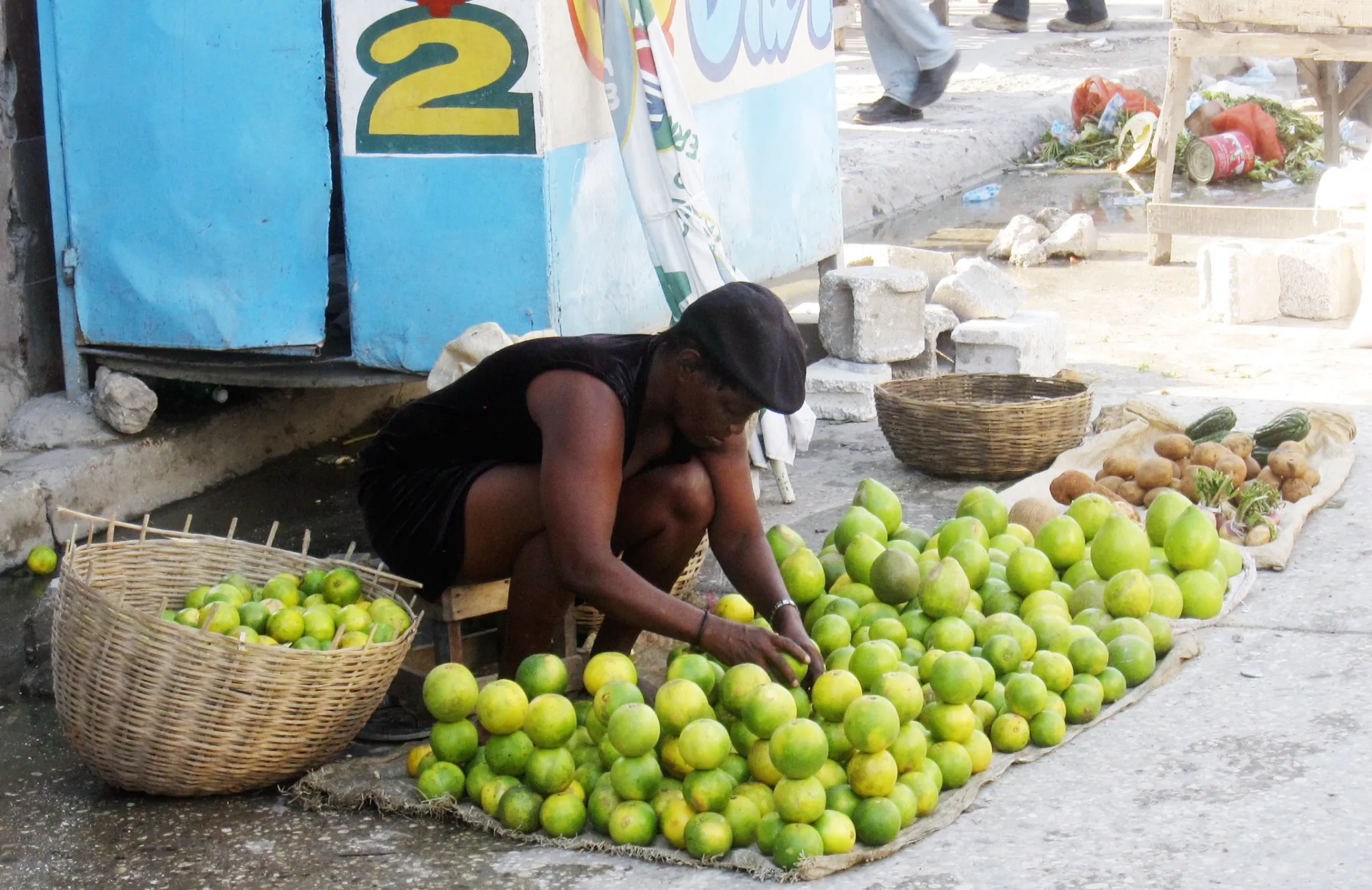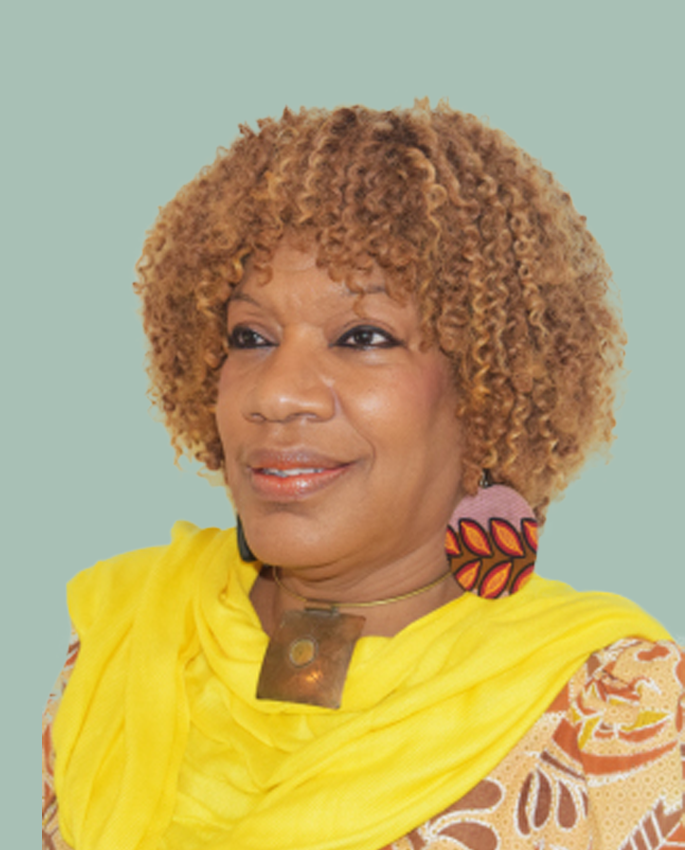National budget and growing citizen participation in Haiti

One month after having voted the national budget, both houses of parliament have received stark criticisms from Haitians, both within the country and abroad. Haiti is facing a tense situation due to repeated strikes in public transportation sector and weekly demonstrations, often ending in violence scenes and breakages. Several sectors of civil society and a large part of the political class, even those that had supported the government at the outset, adhered to these movements of protest against the budget.
Este articulo se encuentra disponible en Castellano.
According to public opinion, parliamentarians gave a blank check to the government by voting in favor of the national budget without going through a thorough qualitative analysis of its weaknesses. Most of citizens claim that this is due to the fact that the executive and Parliament are the main beneficiaries of this year’s budget. They were not considering the population needs and have all failed in their duty to represent the people.
There has never been such a debate in Haitian society. While some have taken advantage of social recriminations against elected representatives to exteriorize other frustrations that had been buried since the last electoral process, this situation has the merit of stimulating democratic debate within citizens of all strata, especially those with little exposure to decision-making processes.
Citizens are now asking for greater transparency in the management of public funds, but they specifically want to be involved in major projects to be undertaken. Considering citizens’ opinions in policies that affect their lives is essential to democracy. The result is better choices, better acceptance of decisions made by policy-makers. Therefore, the authorities have an obligation to promote citizen participation at all levels. It offers advantages of improving contacts between elected representatives and citizens and knowing the people’s desires.
International IDEA pays particular attention to the dialogue between citizens and decision-makers, and encourages initiatives that foster greater popular participation and improved democratic accountability. The Institute is devoted to promoting sustainable democracy by encouraging the participation of members of civil society, women’s associations and political parties in the management of public affairs.




